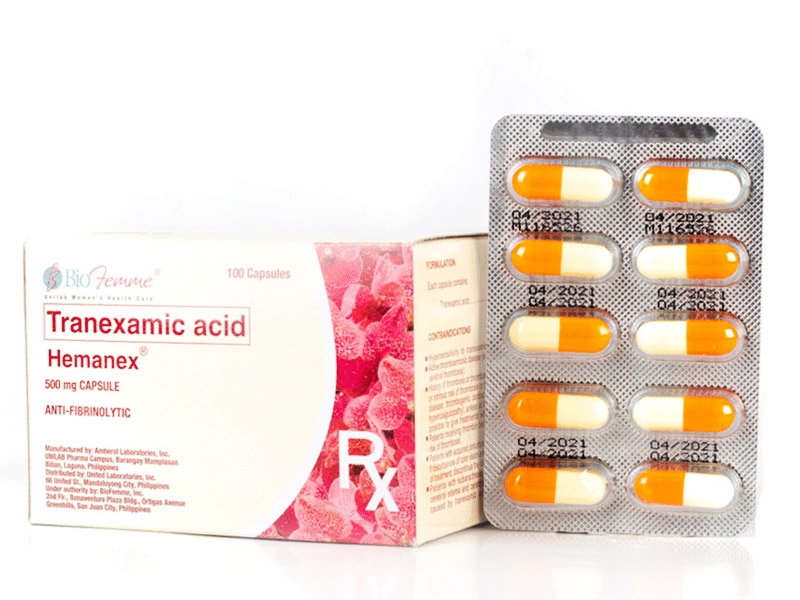Did you know that regularly donating blood can help reduce the risk of cardiovascular diseases? According to the National Blood Transfusion Service, regular blood donation reduces your probability of having a heart attack by as much as 88%.
Don’t worry about running out of blood—your body automatically replenishes the lost blood within the first 48 hours after donation. Learn more about how your donation can help you and others today.
What are the benefits?
Donating blood regularly has many health benefits not just for the receiver but for the donor as well. All aspiring donors get a free physical exam and blood testing before they are cleared to donate. Think of it as a free health checkup! Also, blood donation can significantly reduce your chances of severe heart diseases since it reduces the amount of iron in your body. Lastly, if you donate one pint or 450 ml of blood, you can burn up to 650 calories since your body will be working overtime to replenish your blood.
Why should you donate?
Donating blood can save millions of lives. Blood transfusions (or transferring of blood to another person for medical purposes) are usually performed to support surgeries and therapy for specific illnesses. Those who suffered severe injuries from accidents can also greatly benefit from blood donations. Knowing that every bag that you donate can help someone in need can also give you a deeper sense of purpose.
Who can donate?
According to WHO, adults aged 18 to 65 years old who are in good health are qualified to donate blood. Here are some additional eligibility requirements:
- Weight is at least 50 kg
- Must be in good physical health
- Should pass the initial blood sampling screening
- Should be well rested and hydrate
Restrictions
The entire process of blood donation should follow strict guidelines and sanitary precautions to avoid contamination and infection. Always make sure that the tools that will be used on you are sanitized properly and that new needles are used each time.
Aside from sanitation reasons, your healthcare professional will refuse a donation if you have any of the following:
- Tested positive for diseases like HIV, hepatitis, etc.
- If you have low or high blood pressure
- If you are an illegal drug user or are under the influence of drugs/alcohol
- If you recently underwent a minor dental procedure
- If you recently had a tattoo done within the last six months
- If you have a cold/flu or any other kind of infection
General disclaimer
Always consult your doctor regarding any concern about your health. Your doctor will be in the best position to give the appropriate medical advice.



